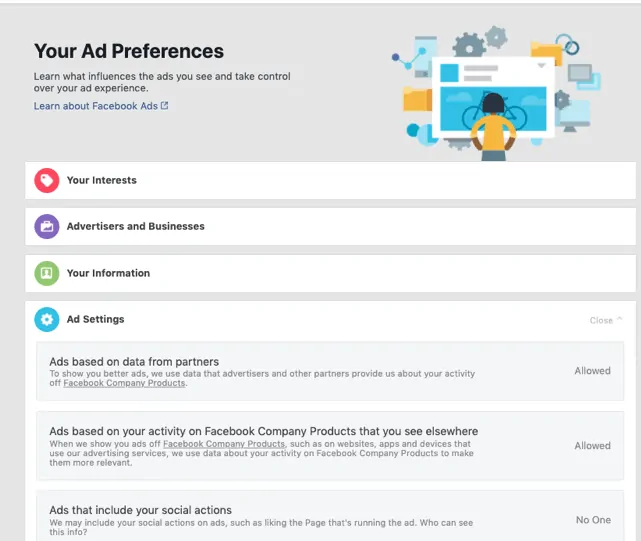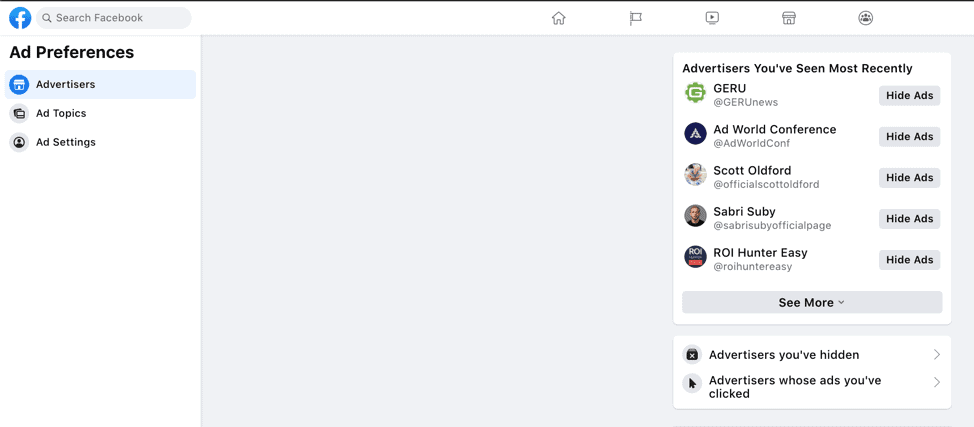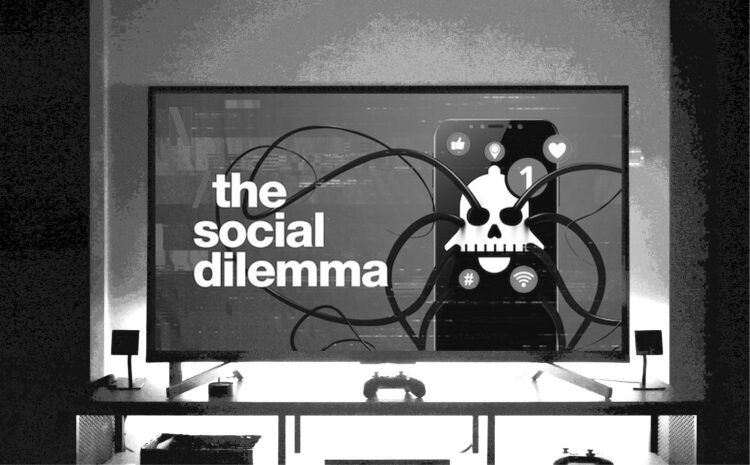Table of Contents
Instead this piece will attempt to deconstruct the dystopian panic the documentary created in our collective psyche; to try and put people’s minds at ease over the tech in their hands, as hijacking and ubiquitous as they are, on one hand and over taking control of your mind and awareness of these networks on the other. Putting smartphones and social media to good use isn’t a pipe dream nor are we aiding in the destruction of the world if we align with that camp.
Technology isn’t the prelude to the apocalypse,
A host of studies are being published (mostly meta-analysis and longitudinal studies, as close to reliability as you can get in social science studies) on the erroneous causal linkage between social media and mental health. Professors Candice L. Odgers Michaeline R. Jensen published research in March 2020 reviewing 40 studies on mental health and social media/smartphone use concluding “there doesn’t seem to be an evidence base that would explain the level of panic and consternation around these issues.” Many of these studies being published now are a direct opposition to the tide of media frenzy created from a study published in 2011 in the American Academy of Pediatrics that warned doctors about “Facebook Depression.” Funnily enough, and just like many studies in academia that get picked up by the media, in 2016 more research came out and the academy revised the study deleting all mentions of “Facebook Depression”.
Moving on, so if we go back in time and look at the amount of times technology has been lambasted for being the sole cause of society’s ills we can write a best-selling book because contrary to what Tristan (one of the prodigal tech bro apostates) recklessly claimed in the documentary *some people did get upset when bicycles showed up. On that note, Amy Orben (previously mentioned above) has done this research, as the bellwether researcher of taming the cacophony of doomsday talk on technology, Orben wrote a paper published this June called ‘The Sisyphean Cycle of Technology Panics’. The research shows how the appearance of new technologies always engenders the same reaction in society, and just like Sisyphus pushing the boulder up a mountain for eternity, this is done in a never ending cycle of technological hysteria. The paper’s introduction recounts how back in the 1930’s and 40’s with the proliferation of Radio sets in every household, people were in a frenzy over the effects of Radio dramas and content in general on the psychological wellbeing of children. No one today thinks Radio will destroy their children’s psychological wellbeing and yet here we are almost a century later doing the same cycle with smartphones and social media. This is not to equate the bicycle with the smartphone, not a comparison by a longshot, but to show that society’s fears about technology aren’t constructive.
How to minimize the effects of Social Media using Cognitive Behavioral awareness:
- Understand and take control of the algorithms. It’s simple, algorithms aren’t evil, social media content is being served to you based on your preferences, what you do on the platform and the interest of the company that wants to keep users on its platform by serving an experience to its users. This episode podcast on ‘The Knowledge Project’ featuring Hannah Fry, a mathematician and author of Hello World and The Mathematics of love, discusses the role of algorithms in society in an eye opening podcast episode, highly recommended hearing. Furthermore, you can change the preferences listed on any platform, Google, Facebook, Instagram, Youtube, you just have to make an effort; and once you do you get a better experience tailored to your needs and wants hands down. We always tell our people in the agency to use a platform according to its own logic, penalize bad ads, do ‘see first’ on Facebook to get the news and information you want without going down the endless scroll hole where your friends and family are bickering about politics (we all fall prey to that it’s not easy, we know), use Youtube to learn and watch longer format content, take control of the algorithms.


- Prune your following every now and then. Over time you have accumulated many friends and acquaintances, some of these may still be relevant to your life, some not so much. A study found that Facebook friends affect people more negatively than other content on social media than people who follow inspirational content that matches their lives’ goals and desires. Find people that inspire you in your field, follow thought leaders, people that interest you genuinely, intellectual content, etc.
- The corollary to the above point is to understand the concept of echo chambers and how to break free from them especially if you’re using social media for socio political reasons. Take a look at your newsfeeds and follow the other side of the coin. Go like pages and accounts on omnivores if you’re a staunch vegan, leftwing politics if you believe in the freemarket’s unquestioned holiness, some post-modernists and marxists if you’re too deep into Jordan Peterson (lol), too religious? Or the opposite and you find yourself condescending on religious people? you get the point. Not to agree with them but because again and this can’t be said enough, social algorithms put you in an echo chamber. This isn’t a validated or accurate opinion but it can be said that the world is so rigidly and deeply divided today because of algorithmic content. You strengthen the same views and opinions you hold by following things you agree with and that creates a positive feedback loop of your own beliefs and opinions. ‘Lefty becomes more lefty, righty becomes more tighty’ sort of scenario.
- Do digital detoxes on the weekend or whenever you can afford. A brilliant channel on Youtube is run by Andrew Kirby who teaches the art and science of doing regular dopamine fasts. The idea is that when you deprive yourself of highly rewarding activities you trick your brain and rewire it to instead of going home and binging Netflix or scrolling on your phone, you pick up a book or go do an activity instead. It’s about tricking your brain into doing things that aren’t a complete waste of time.
- Read ‘Willpower Doesn’t Work’ by Benjamin Hardy, can’t overstate the importance of this book in shaping your mind and understanding the neuropsychology of reward and habit formation. Here’s a nice introduction by a Youtuber into the concept of willpower doesn’t work. The premise is that having to use so much willpower to do anything is a symptom of an environment that is not conducive to your goals. Change your environment, put that phone in the drawer when you’re working, prepare that gym bag before you sleep so that you don’t have to do so much in the morning and skimp; in short find your weakest points and habits and design things around them to change them. It’s harder than it sounds for sure, but the power and awareness you have over your life after that exercise in awareness is priceless, especially in today’s digital age.








